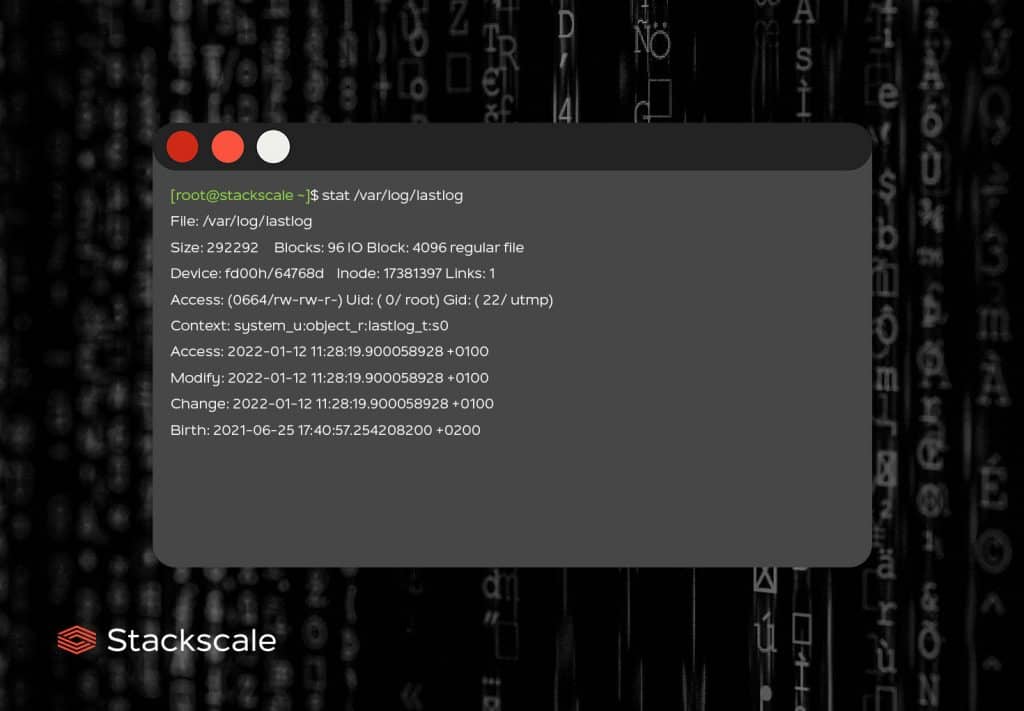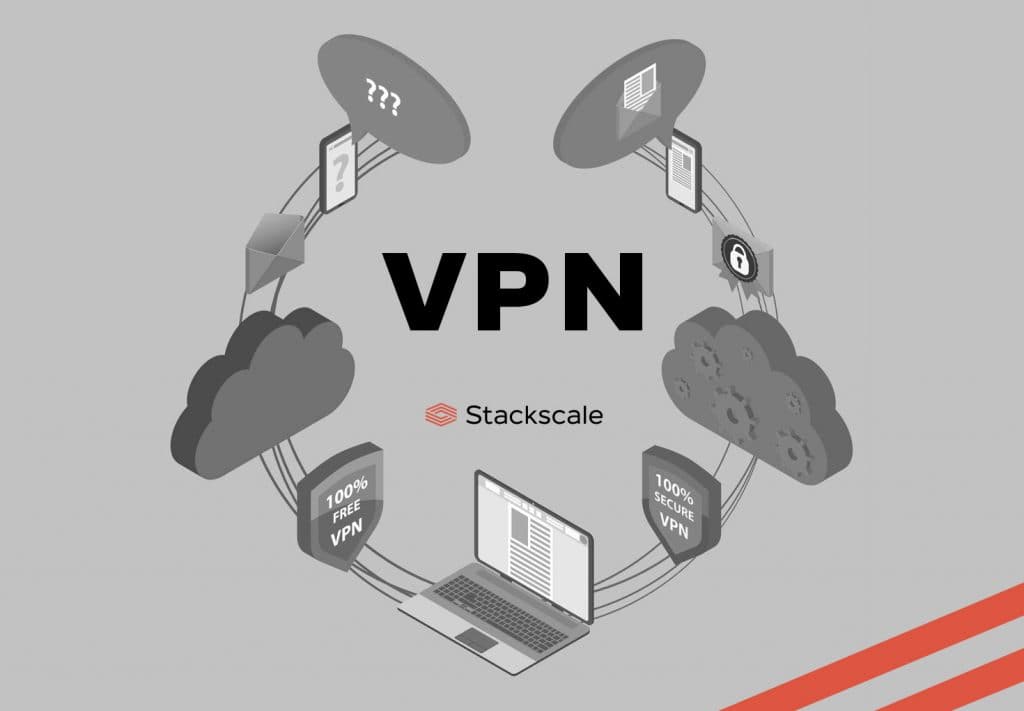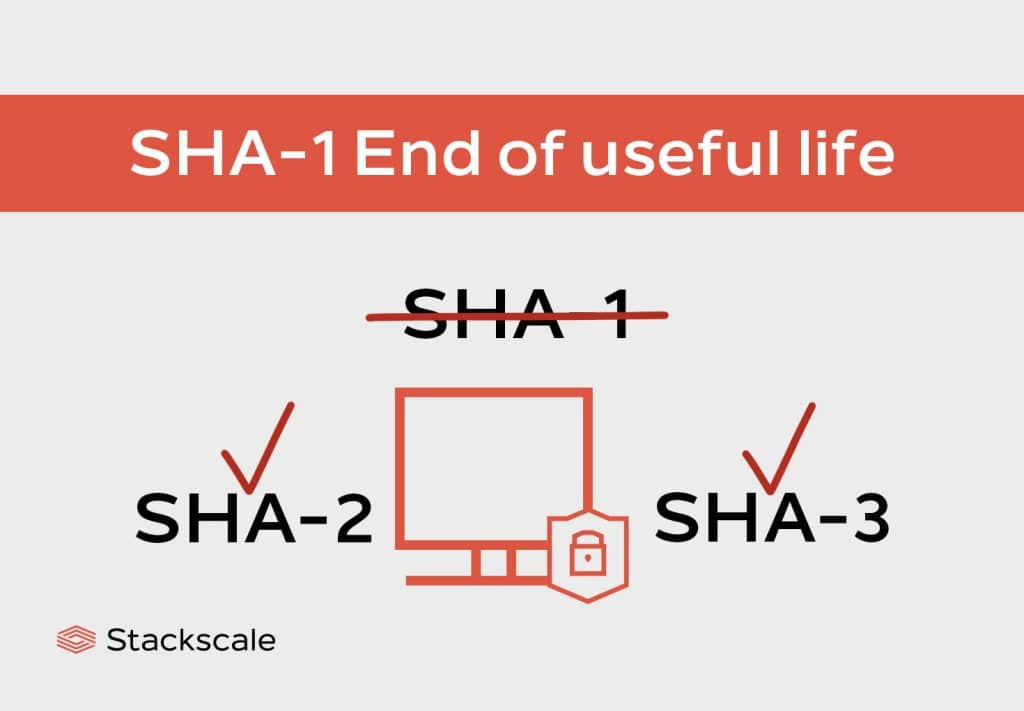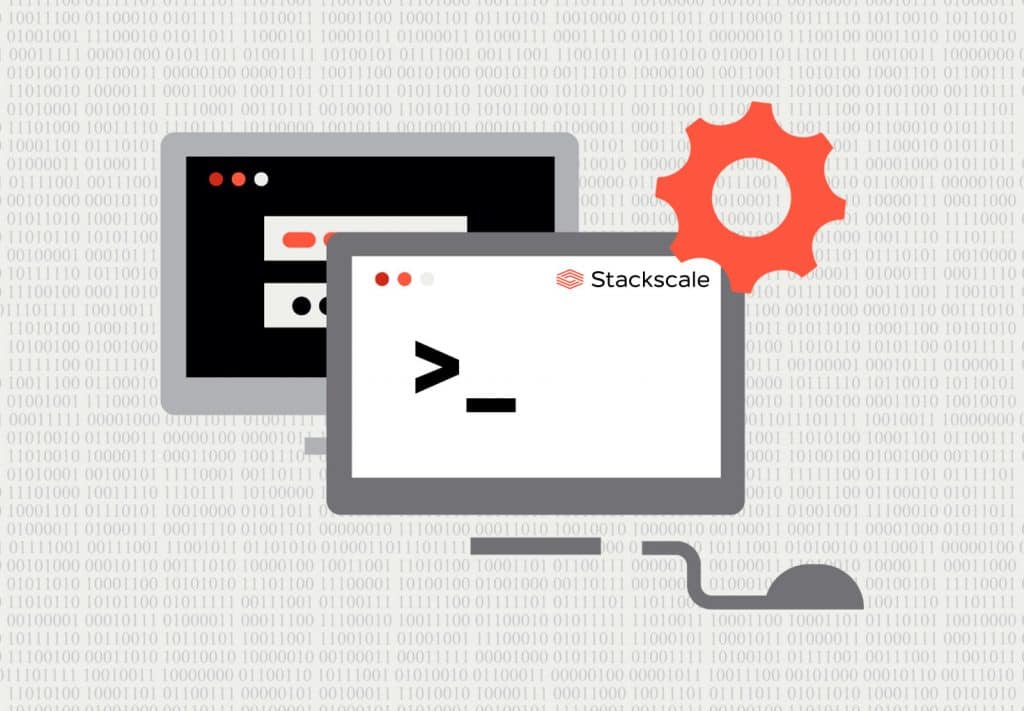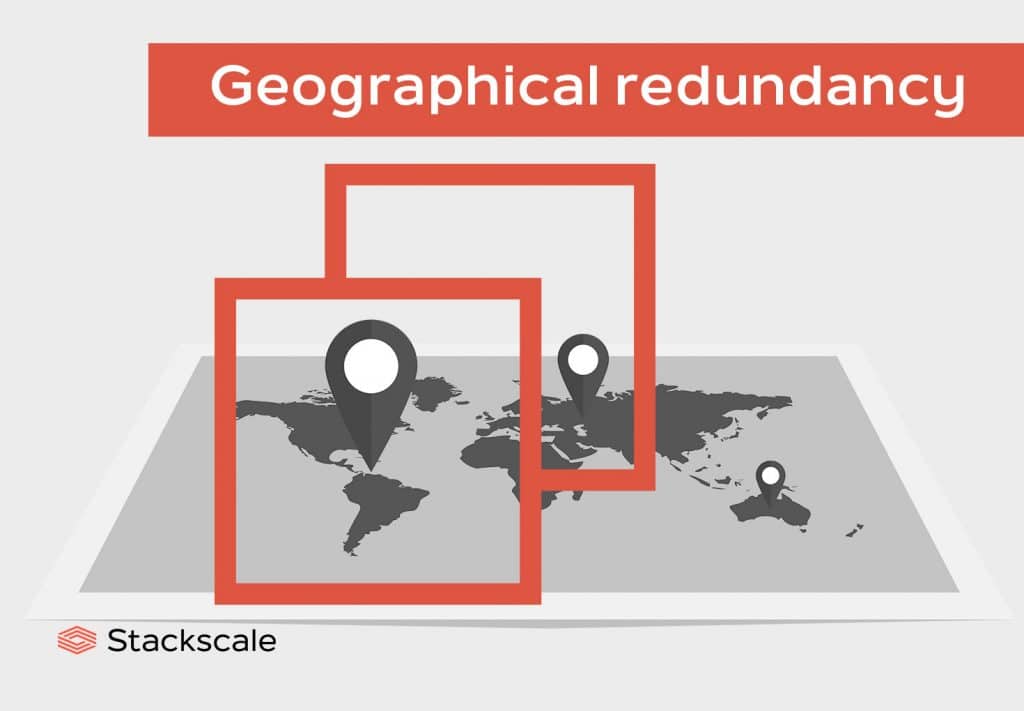Analytical cookies allow its Editor to track and analyze the websites’ users behavior. The information collected through this type of cookie is used for measuring the activity on websites, applications or platforms, as well as for building user navigation profiles for said websites, application or platform, in order to implement improvements based on the analysis of data on the usage of the service by users.
Google Analytics: It registers a single identification used to generate statistical data about how the visitor uses the website. The data generated by the cookie about the usage of this website is generally transferred to a Google server in the USA and stored there by Google LLC, 1600 Amphitheatre Parkway Mountain View, CA 94043, USA.
- _dc_gtm_UA-XXXXXXXX-X
- _gat_gtag_UA_XXXXXXXX_X
- _ga
- _gcl_au
- _gid
Please enable Strictly Necessary Cookies first so that we can save your preferences.


